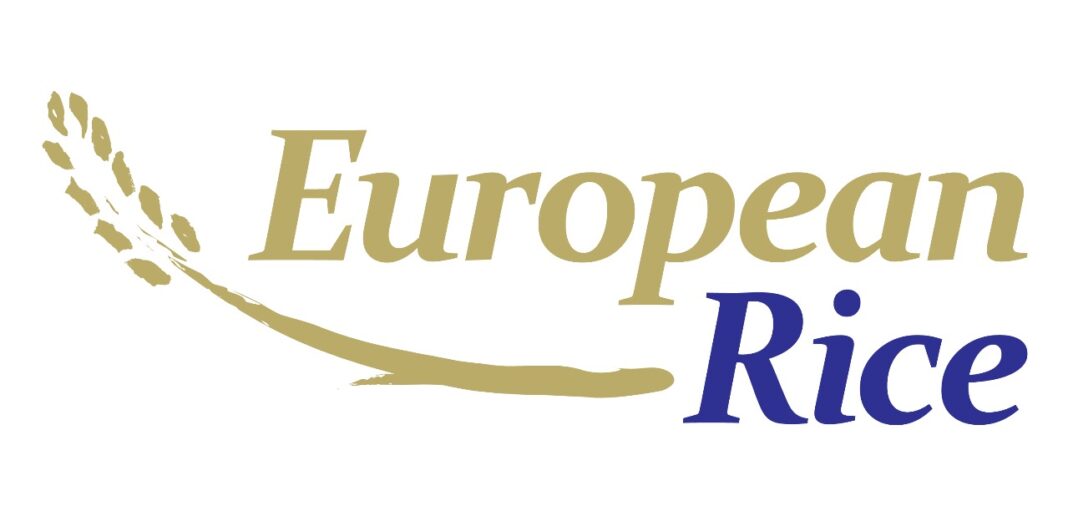Did you know that European rice fields contribute far more than food production? These paddies are thriving ecosystems, home to a wide variety of wildlife. The “EUROPEAN RICE” campaign highlights the ways in which sustainable rice farming within the European Union (EU) helps to protect biodiversity while delivering top-quality rice to consumers.
EU rice farmers employ eco-friendly farming practices that work in harmony with nature. Their fields offer crucial habitats for migratory birds, amphibians, and aquatic life, creating a balance between agricultural production and biodiversity conservation.
Key Benefits of Sustainable EU Rice Farming:
- Safeguarding Natural Habitats: Rice paddies in the EU provide essential ecosystems for numerous species.
- Reducing Environmental Impact: By limiting water usage and chemical inputs, farmers help protect local wildlife.
- Pioneering Sustainable Practices: EU farmers set an example by integrating ecological care into their farming methods.
By choosing rice grown in the EU, consumers contribute to preserving natural ecosystems and promoting biodiversity. Small choices can have a meaningful impact on the environment.
For more information about the “EUROPEAN RICE” campaign, including events and social media updates, visit their official platforms:
- Facebook: europeanrice – www.facebook.com/europeanrice
- Instagram: rice_eu – www.instagram.com/rice_eu
- YouTube: rice_eu – www.youtube.com/rice_eu
- Website: www.europeanrice.eu
The “EUROPEAN RICE” campaign is an EU-funded initiative dedicated to promoting the benefits, sustainability, and versatility of European rice in the UK and other global markets. It aligns with the EU’s objectives of enhancing the competitiveness and market presence of EU agri-food products worldwide, emphasizing sustainable practices and high-quality standards.
Funded by the European Union. Views and opinions expressed are, however, those of the author(s) only and do not necessarily reflect those of the European Union or the European Research Executive Agency (REA). Neither the European Union nor the granting authority can be held responsible for them.


